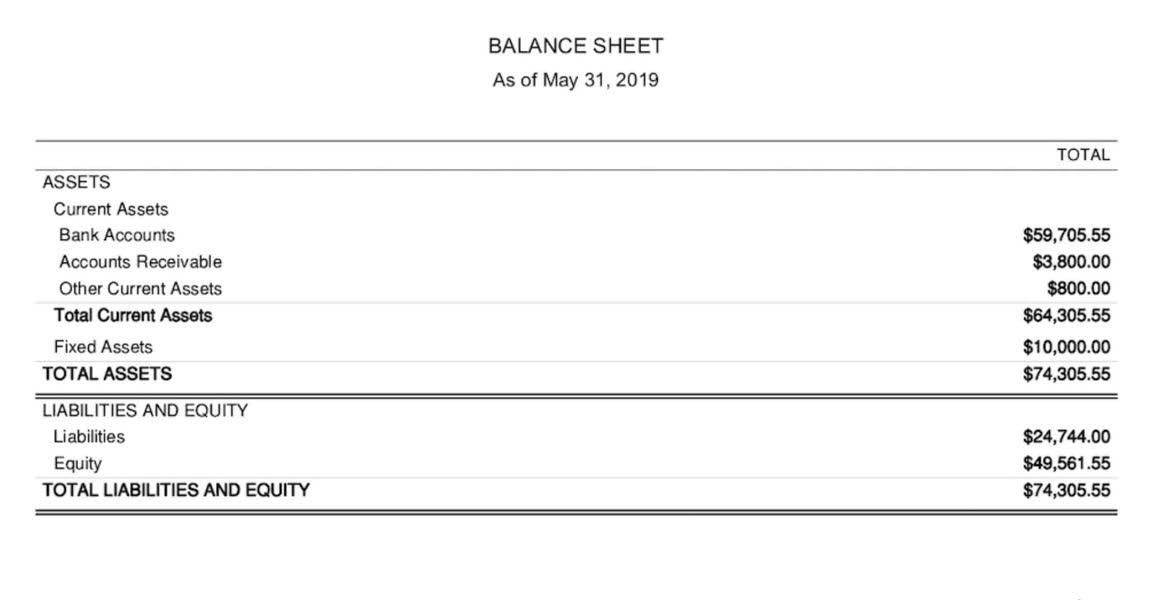
If splitting your payment into 2 transactions, a minimum payment of $350 is required for the first transaction. We accept payments via credit card, wire transfer, Western Union, https://www.bookstime.com/ and (when available) bank loan. Some candidates may qualify for scholarships or financial aid, which will be credited against the Program Fee once eligibility is determined.

What is your risk tolerance?
This can be done through variance analysis, where actual results are compared to budgeted or expected results, and the reasons for the difference are identified. Managerial accounting uses operational information in specific ways to glean information. For example, it may use cost accounting to track the variable costs, fixed costs, and overhead costs along a manufacturing process. Then, using this cost information, a company may decide to switch to a lower quality, less expensive type of raw materials. In the example above, the consulting firm would have recorded $1,000 of consulting revenue when it received the payment.
Module 3: Managing Products and Profitability
Companies are always looking for a competitive advantage, so they may examine a multitude of details that could seem pedantic or confusing to outside parties. While the online courses can be taken in any order, generally completion of the Accounting course is recommended before the Finance portion as the application of concepts of Accounting are helpful to completing the Finance course. After enrolling in a program, you may request a withdrawal with refund (minus a $100 nonrefundable enrollment fee) up until 24 hours after the start of your program. Please review the Program Policies page for more details on refunds and deferrals. If your employer has contracted with HBS Online for participation in a program, or if you elect to enroll in the undergraduate credit option of the Credential of Readiness (CORe) program, note that policies for these options may differ. We also allow you to split your payment across 2 separate credit card transactions or send a payment link email to another person on your behalf.
What Is a Financial Decision-Making Process?
In modules three through five we began to look at the financial statements one item at a time. With this module we are moving back to the overall statement level, which is the perspective we will also take next module (which will be our last). Financial accounting is a way for businesses to keep track of their operations, but also to provide a snapshot of their financial health. By providing data through a variety of statements including the balance sheet and income statement, a company can give investors and lenders more power in their decision-making.

Decision-making is an essential management skill that can both drive and impede financial performance. According to research by management consulting firm McKinsey, organizations with fast and efficient decision-making processes are twice as likely to report financial returns of at least 20 percent as a result of recent decisions. With Financial Accounting, students will understand the foundations of financial accounting and financial accounting develop the necessary tools for business decision-making, no matter what path they take. To ensure maximum understanding, students work through integrated assessment at different levels of difficulty right at the point of learning. The course’s varied assessment also presents homework and assessment within real-world contexts to help students understand the why and the how of accounting information and business application.
This may involve making investments, adjusting spending patterns, or seeking financing.
- Financial accounting is also important for creditors, including banks and bondholders, as it provides them with important information about a company’s creditworthiness.
- This indicates a robust demand for financial analysts in the coming years, thus excellent opportunities for rapid finance career progression.
- Learn from instructors who have worked at Morgan Stanley, HSBC, PwC, and Coca-Cola and master accounting, financial analysis, investment banking, financial modeling, and more.
- Beyond regulatory and compliance issues, financial accounting also helps businesses optimize their day-to-day operations and identify opportunities for growth.
- Adhering to ethical principles and engaging in responsible financial decision-making can contribute to long-term financial success, as it helps build trust, credibility, and positive relationships with stakeholders.
- The best financial strategy should align with the individual’s or organization’s financial goals and objectives, take into account their risk tolerance, and provide the highest potential return on investment.
- We offer courses that are suitable for both graduates and professionals, which allows them to gain new skills or update their knowledge.

Rather than making strategic financial decisions, accounting captures an accurate snapshot of a party’s financial position at a specific point in time—a practice that results in the information that finance activities are generally based upon. Financial accounting is the framework that sets the rules on how financial statements are prepared. These guidelines dictate how a company translates its operations into a series of widely accepted and standardized financial reports.

Building better bankers with blended learning
- At the end of that week, I will expect you can understand an overall statement, but I will not expect you to be able to build one from scratch.
- Companies must be honest and transparent about their financial activities and the data reported must be accurate and regularly updated.
- Finance and accounting operate on different levels of the asset management spectrum.
- Explore this list of 30 accounting position titles you can pursue along the accountant career path.





